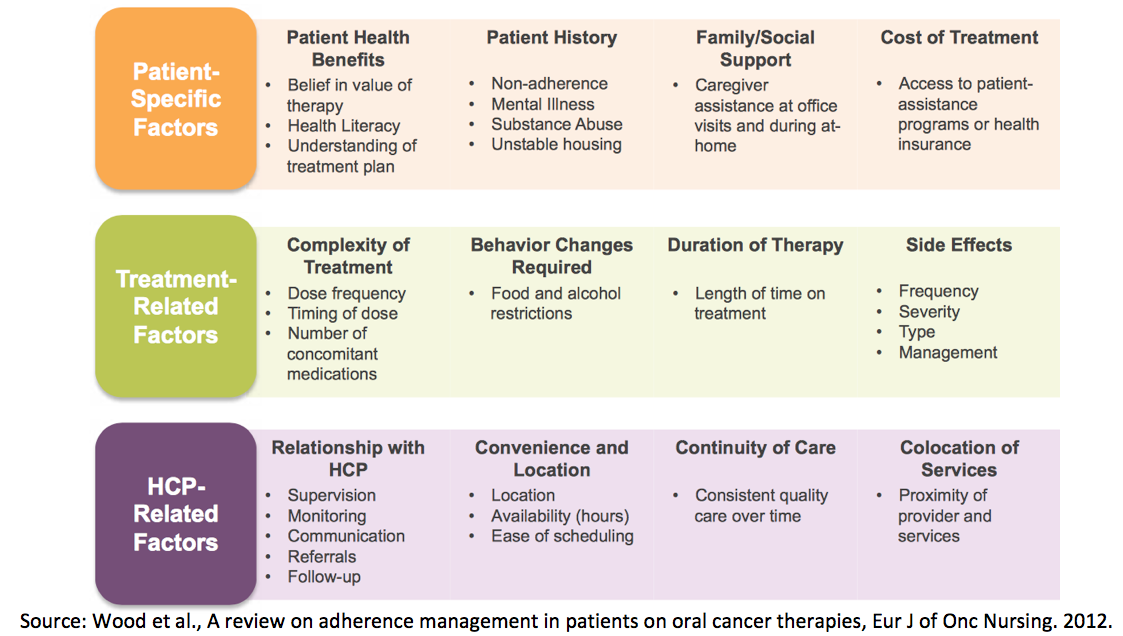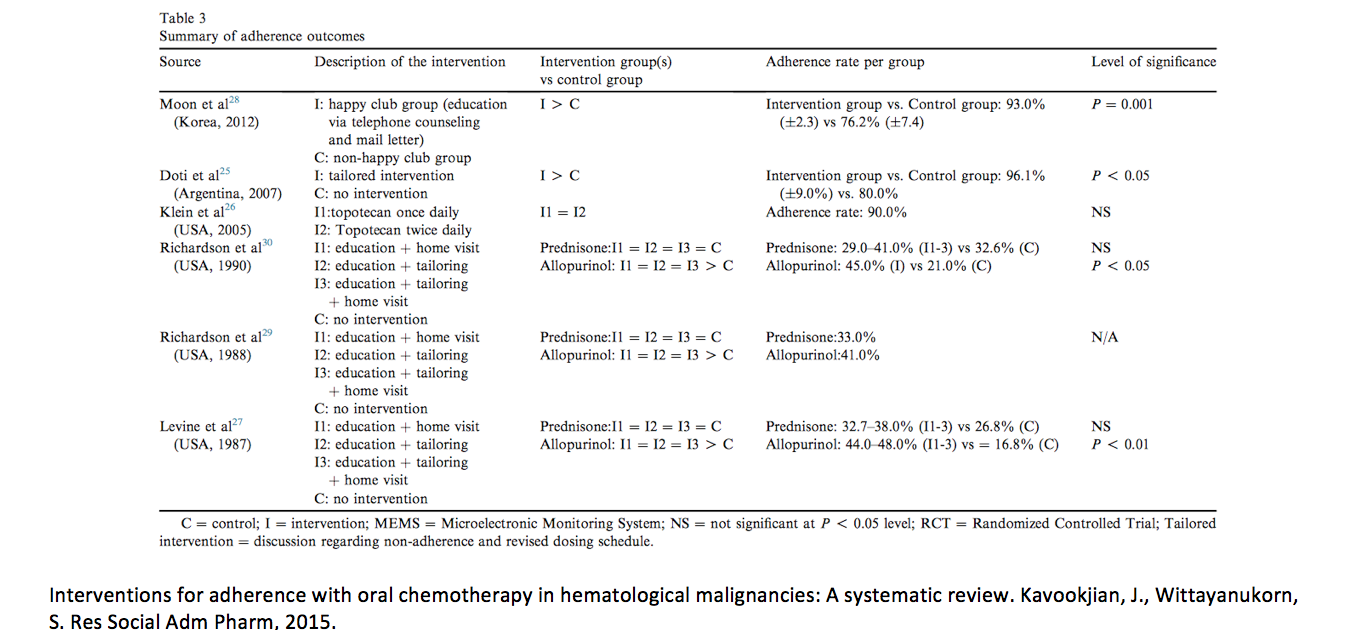Last month, iJOBS held a case study in Pharma Market Research. This case study was coordinated by Return on Focus, a company that uses evidence-based marketing to provide new marketing strategies for pharmaceutical and biotechnology companies. Return on Focus was started in 2006 by Dan Reinhardt, who received his BS and MBA in Marketing. Evidence-based marketing is a type of marketing that uses research, statistics, and trends to integrate evidence with strategic expertise.
The case: For 60 minutes, become the Brand Manager for Gleevec, an oral treatment of chronic myeloid leukemia (CML), and tackle the challenge of non-adherence. Gleevec changes CML from a fatal cancer to a manageable chronic condition, yet the published rates of adherence to the drug range from 44%-79%. In groups, we analyzed published data on adherence to oral cancer medications to determine the top evidence-based factors that affect non-adherence to Gleevec.
- Understanding the problem: What is adherence and what can lead to non-adherence?
Adherence refers to the extent to which the patient follows the agreed-upon treatment under limited supervision. Adherence includes both compliance (the percent of doses taken as prescribed) and persistence (the consistent days of taking medication). Non-adherence can be caused by intentional or non-intentional behavior.
Isolating the type and extent of non-adherence that impacts your brand is essential prior to selecting an investment strategy.
- Applying the evidence: Which factors have the strongest evidence for non-adherence?
Return on Focus provided four review articles regarding the adherence of patients to oral cancer therapies. These papers addressed a wide range of factors affecting adherence. Some factors affecting adherence that were discussed include patient education, simplicity of the dosage regimen, cost of treatment, side effects, and physician follow-ups. Data presented in the papers suggested that cost of treatment and lack of patient education could increase non-adherence, while dosage simplification had no effect on non-adherence to an oral cancer therapy.
There was a reoccurring theme between the different groups in the factors selected as the top evidence-based factors affecting Gleevec non-adherence. Based on the published data, the most prevalent factors that result in non-adherence were lack of patient education, side effects, and failure of the physician to follow-up. Our decisions needed to be supported by evidence, similar to the table below. This table presents studies that looked at the effects of educational intervention on adherence and found that educational interventions and at home visits can increase adherence rates.
- What we came up with: How can this evidence-based information be applied to marketing?
After each team identified what they thought were the top three factors affecting adherence to Gleevec, they presented their findings and discussed how these factors could be implicated for patients, physicians, and industry. One adherence-enhancing intervention discussed to address the issue of patient education is to have clearly defined education processes. Often times, there is miscommunication between doctors and nurses as to who is going to educate the patient regarding their treatment plan, such that important treatment information may be missed. As mentioned in the table above, education and at home visits were found to be effective in increasing the adherence rate. Teams also discussed having stronger support systems in place for patients throughout the treatment regimen, which may include scheduled follow-ups or at home visits. Lastly, to address side effects that sometimes cannot be avoided, the industry can harness the boom in technology to create apps allowing patients to quickly and easily report and discuss side effects with a nurse or physician.
The full PowerPoint from Return on Focus and the 4 review papers provided for the evidence search can be found on the iJOBS Past Events Site.
To learn more about Return on Focus, visit their website!